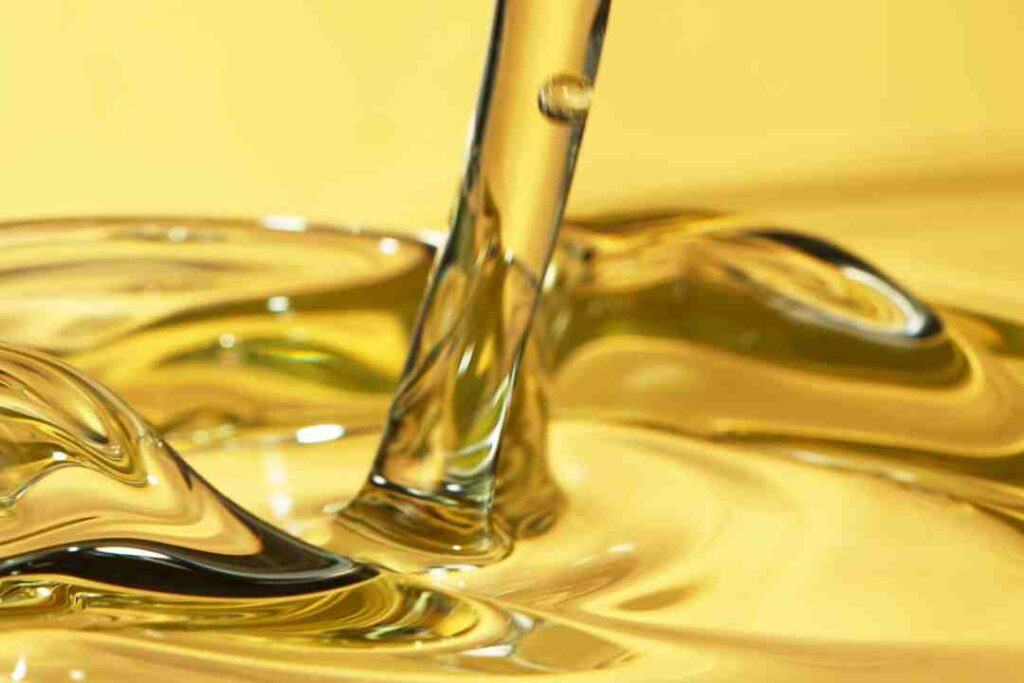In recent years, cannabidiol, commonly known as CBD, has emerged as a popular natural remedy for a wide range of health issues. CBD is one of the many compounds found in the cannabis plant and is known for its potential therapeutic benefits without causing the intoxicating effects commonly associated with marijuana. As the CBD market expands, consumers are often presented with two primary options: full-spectrum CBD oil and CBD isolate. Understanding the difference between these two types of CBD products is essential for making an informed purchase decision. In this article, we will explore the distinctions between full-spectrum CBD oil and CBD isolate, as well as their potential benefits and considerations.
Understanding CBD Extracts:
Before delving into the differences between full spectrum CBD oil and CBD isolate, let’s understand the basics of CBD extracts. CBD is extracted from the hemp plant using various methods, with the goal of obtaining a pure and concentrated form of the compound. These extracts are then used to create a wide array of CBD products, ranging from oils and tinctures to edibles, topicals, and more. You can also read about Vietnamese Ramance and Nightlife Extravaganza in Sapa and Ha Long Bay by clicking here.
1. Full Spectrum CBD Oil:
Full spectrum CBD oil is an extract that contains all the naturally occurring compounds found in the hemp plant, including cannabinoids (like CBD and THC), terpenes, flavonoids, and other beneficial plant compounds. The presence of THC in full spectrum CBD oil is typically minimal, usually below 0.3%, which is the legal limit in many countries.
The Entourage Effect:
One of the significant advantages of full spectrum CBD oil is the entourage effect. The entourage effect refers to the potential synergy among the various compounds present in the hemp plant. When these compounds work together, they may enhance each other’s effects, leading to a more comprehensive and beneficial impact on the body. Some researchers suggest that the presence of even trace amounts of THC in full-spectrum CBD oil may contribute to the entourage effect, enhancing the therapeutic properties of the product.
2. CBD Isolate:
CBD isolate, on the other hand, is the purest form of CBD available. During the extraction process, all other compounds are removed, leaving behind only the isolated CBD compound in its crystalline form. This means that CBD isolate contains no other cannabinoids, terpenes, or plant compounds.
Purity and THC-Free:
One of the main advantages of CBD isolate is its purity. For individuals who prefer to avoid even trace amounts of THC or other cannabinoids, CBD isolate offers a THC-free option. Some individuals may have concerns about THC due to potential drug testing at work or personal preferences, making CBD isolate an appealing choice.
Key Differences: Full Spectrum CBD Oil vs. CBD Isolate:
Now that we understand the basic definitions of full spectrum CBD oil and CBD isolate, let’s explore the key differences between these two types of CBD products:
1. Cannabinoid Profile:
Full spectrum CBD oil contains a wide range of cannabinoids, including CBD and trace amounts of THC, as well as CBG, CBN, and others. CBD isolate, as the name suggests, only contains the isolated CBD compound, with no other cannabinoids present.
2. Entourage Effect:
The entourage effect is unique to full spectrum CBD oil. The presence of multiple cannabinoids, terpenes, and flavonoids in full spectrum products is believed to enhance the overall therapeutic potential of the CBD oil.
3. THC Content:
Full spectrum CBD oil may contain trace amounts of THC, usually below the legal limit of 0.3%. CBD isolate, on the other hand, is entirely THC-free.
4. Flavor and Aroma:
Full spectrum CBD oil retains the natural flavor and aroma of the hemp plant, which some users appreciate. CBD isolate, being pure CBD, has no distinct flavor or aroma.
5. Potential Benefits:
While both full spectrum CBD oil and CBD isolate may offer potential health benefits, some users believe that the entourage effect in full spectrum products enhances the overall effectiveness of the CBD.
Choosing the Right CBD Product:
When deciding between full spectrum CBD oil and CBD isolate, several factors come into play, including individual preferences, desired effects, and any specific considerations, such as THC content. Here are some pointers to help with the decision-making process:
1. Consider the Entourage Effect:
If you believe in the potential benefits of the entourage effect and are comfortable with minimal THC content, full spectrum CBD oil may be the ideal choice for you.
2. THC Sensitivity and Drug Testing:
Individuals who are sensitive to THC or are subject to drug testing should opt for CBD isolate, as it is THC-free.
3. Personal Preferences:
Full spectrum CBD oil retains the natural flavors and aromas of the hemp plant, while CBD isolate is tasteless and odorless. Choose based on your taste preferences.
4. Desired Effects:
Research and understand the specific effects of each product type to ensure it aligns with your desired outcomes and potential health goals.
Conclusion:
When purchasing CBD products, understanding the difference between full spectrum CBD oil and CBD isolate is crucial. While full spectrum CBD oil offers the potential benefits of the entourage effect and contains a variety of cannabinoids and compounds, CBD isolate provides pure CBD without any other cannabinoids or THC. Individual preferences, desired effects, and specific considerations should guide your choice between these two types of CBD products. With this knowledge in hand, consumers can confidently explore the world of CBD and make informed decisions when selecting the most suitable product for their needs.

